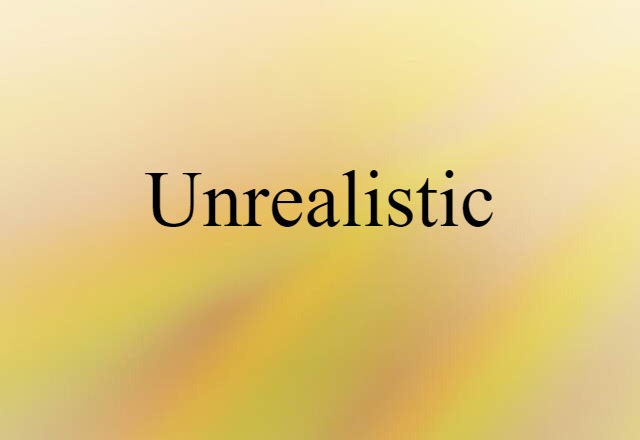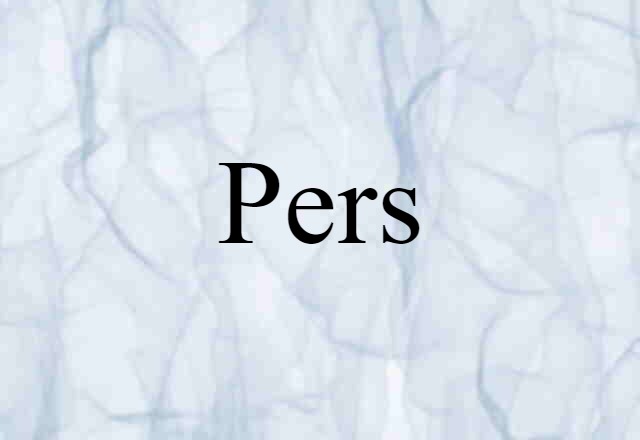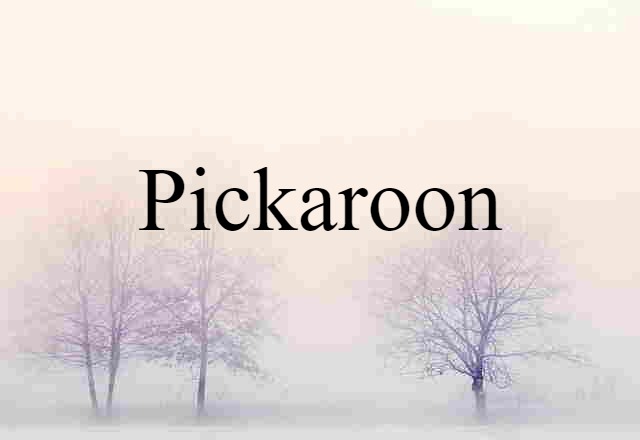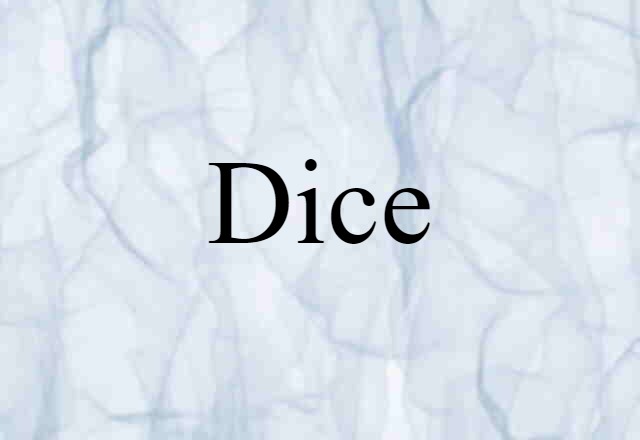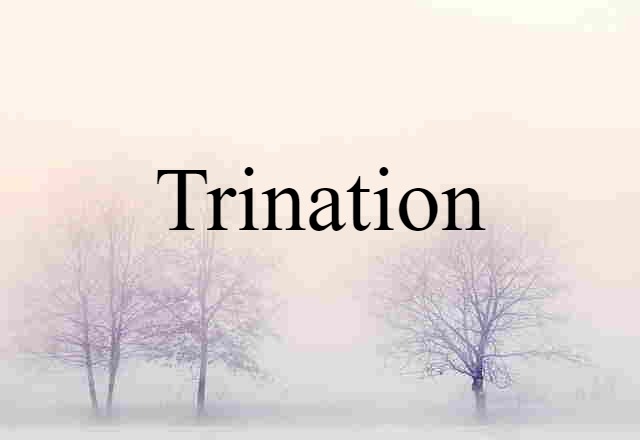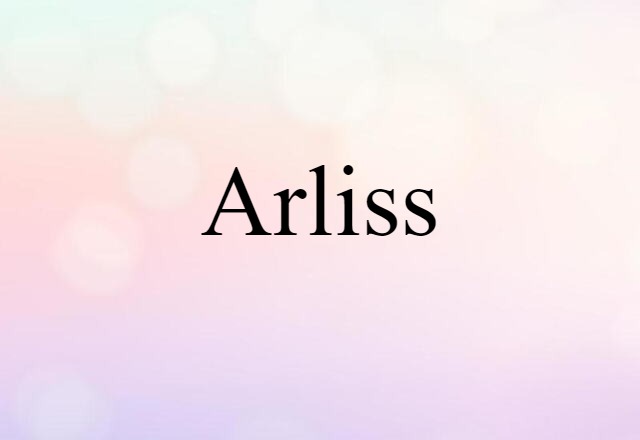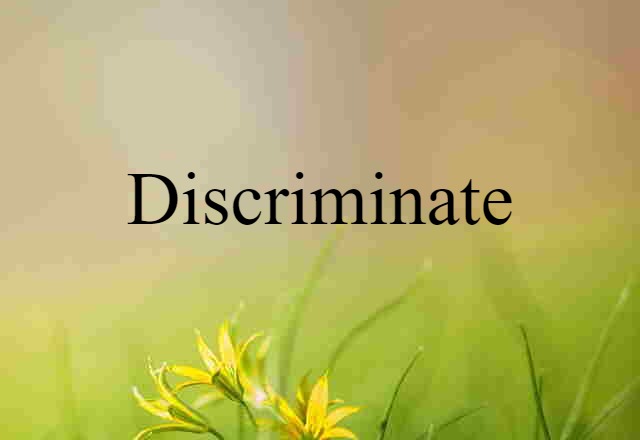- the state of being one; oneness.
- a whole or totality as combining all its parts into one.
- the state or fact of being united or combined into one, as of the parts of a whole; unification.
- absence of diversity; unvaried or uniform character.
- oneness of mind, feeling, etc., as among a number of persons; concord, harmony, or agreement.
- Mathematics.
- the number one; a quantity regarded as one.
- identity (def. 9).
- (in literature and art) a relation of all the parts or elements of a work constituting a harmonious whole and producing a single general effect.
- one of the three principles of dramatic structure (the three unities ) derived from Aristotelian aesthetics and formalized in the neoclassic canon in which a play is required to represent action as taking place in one day (unity of time ), as occurring within one place (unity of place ), and as having a single plot with a beginning, middle, and end (unity of action ).
- the state or quality of being one; oneness
- the act, state, or quality of forming a whole from separate parts
- something whole or complete that is composed of separate parts
- mutual agreement; harmony or concord
- uniformity or constancy
- maths
- the number or numeral one
- a quantity assuming the value of one
- the element of a set producing no change in a number following multiplication
- the arrangement of the elements in a work of art in accordance with a single overall design or purpose
- any one of the three principles of dramatic structure deriving from Aristotle's Poetics by which the action of a play should be limited to a single plot (unity of action), a single location (unity of place), and the events of a single day (unity of time)

